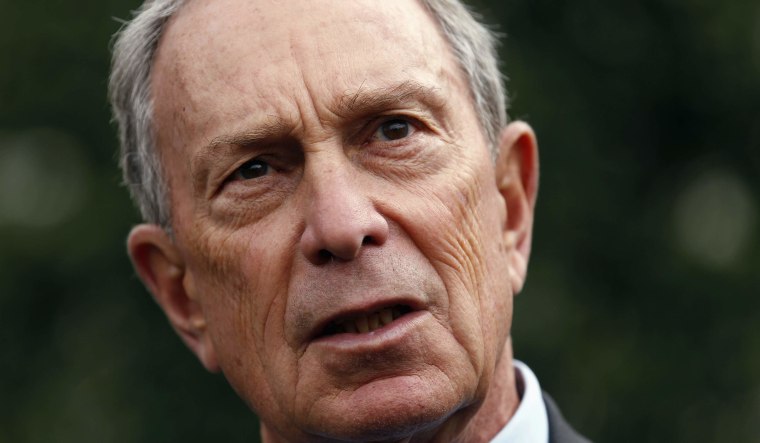Big Apple lawmakers are taking a big step in allowing non-citizen immigrants the right to vote in municipal elections.
The New York City Council held its first hearing Thursday on the measure, which would extend voting rights to anyone, regardless of citizenship, who has been living in the city for at least six months. The only other stipulation would be that they meet standard voting requirements (like not being in prison or on parole for a felony conviction).
The legislation currently has 34 co-sponsors—enough to override a potential mayoral veto. If the measure passes, New York City would become the first major city in the country to give non-citizens the right to vote. This would potentially add some 800,000 non-citizen immigrants to Gotham's voter rolls.
“Not having the ability to participate as a voter discourages people from civic engagement,” said Democratic city councilman Daniel Dromm, a co-sponsor of the bill. More than two-thirds of Dromm's district in Queens is made up of recent immigrants. Some are surely citizens, but many aren't.
Dromm said his constituents frequently tell him “Why should I get involved, I can’t vote.” In addition, he says there are many politicians who don’t place importance on his community because they don’t think there are votes there. If the legislation passes, his constituents will no longer be ignored, Dromm argued.
Democratic Councilwoman Gail Brewer added that many of the immigrants "have been paying taxes for years, paying rent and Con-Ed for years, their children have gone to our schools for years...They do everything but vote."
Mayor Michael Bloomberg is opposed to the bill. Spokeswoman Evelyn Erskine said “The mayor believes voting is the most important right we are granted as citizens and you should have to go through the process of becoming a citizen and declaring allegiance to this country before being given that right.” She added that "this bill violates the state constitution and the administration does not support it.”
Other critics argue that a six-month residency requirement is not long enough.
Of course, if enacted, the legislation could tilt the city’s demographics toward a more liberal electorate—as, very broadly speaking, recent immigrants and minorities tend to vote Democratic. Jamie Chandler, a political science professor at Hunter College, said the bill “will probably give progressive candidates and progressive lawmakers an even stronger position,” noting that for every Republican in the city, there are five Democrats.
New York City's debate about extending voting rights to non-citizens comes in the heat of a fierce national discourse on immigration. This week, the Senate is marking up a bipartisan immigration reform bill, which would provide a pathway for citizenship for 11 million illegal immigrants in the country—contingent on border security. Meanwhile, the Republican National Committee has acknowledged it needs to do a better job of including Hispanic, black, and Asian Americans. In 2012, minorities heavily favored President Obama over Mitt Romney, with 93% of blacks, 71% of Hispanics and 73% of Asians voting for Obama.
Chandler said the case in New York City is likely to raise significant national debate and could force right-leaning politicians to take a stance, especially if more cities take on such initiatives.
Jerry Vattamala, an attorney for the Asian American Legal Defense and Education Fund, spoke at Thursday’s hearing, arguing legal residents that pay taxes should be allowed to participate in democracy.
He said Bloomberg is “dead wrong” in arguing the bill violates the state constitution. “It protects the right for citizens to vote, but doesn’t [limit it] to only citizens.”
